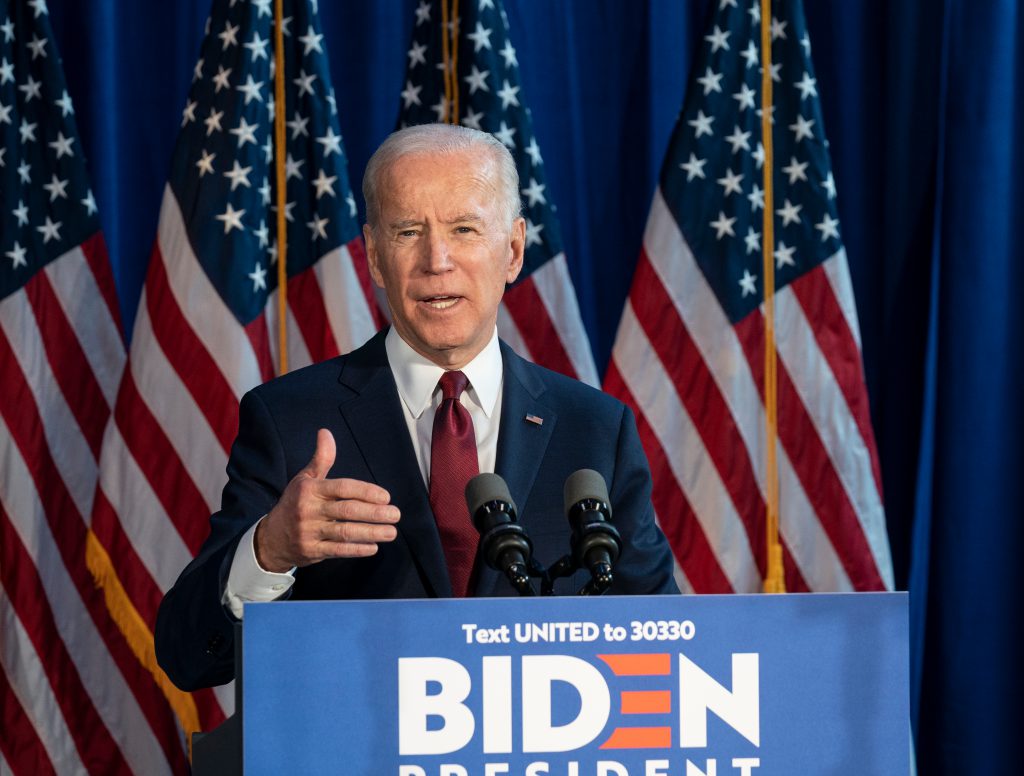
Published March 15, 2021
As thousands of unaccompanied children try to enter the United States on the southern border, progressives are focusing on the humanitarian aspect of the issue, with Rep. Ilhan Omar (D-Minn.) drawing attention to the crowded and unsuitable conditions these children are housed in while the system processes them. Just as important is whether the country has any enforceable immigration system at all.
The United States has had a clear legal policy for decades. The law permits immigration with a complicated system favoring family reunification over jobs skills. More than 1 million people are given legal permanent resident status annually under these laws, with millions more admitted to the country temporarily under student and employment-based visas. No one can reasonably argue that this is an inhumane or unreasonably strict policy.
The big dispute is over the millions of people who are undocumented, many of whom crossed the southern border illegally. As of 2017, roughly 10.5 million people were estimated to be in this category, millions of them working illegally in industries ranging from food services to construction. The number of people trying to illegally enter the country skyrocketed in 2019, with more than 1 million apprehended in their attempts for the first time since 2008. Roughly 800,000 of these people come from just four countries: Mexico, El Salvador, Guatemala and Honduras. Most of those in of the recent spike have arrived from the last three nations, which suffer from endemic poverty and unstable governance.
Click here to read the rest of this piece at the Washington Post’s website.
Henry Olsen is a senior fellow at the Ethics and Public Policy Center.




